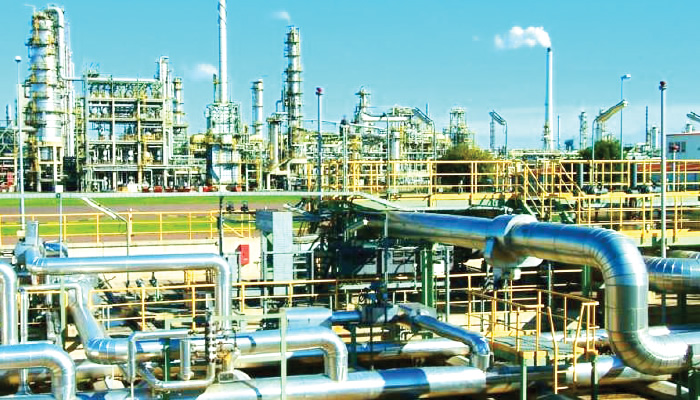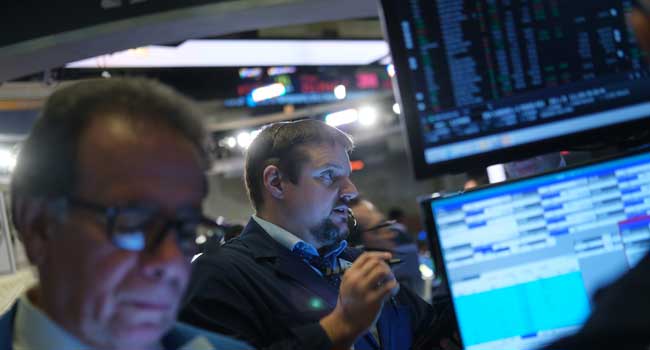Expectations are high among independent petroleum marketers in Nigeria that the Dangote Petroleum Refinery will set the price of Premium Motor Spirit (PMS), commonly known as petrol, at N600 to N650 per litre once it hits the market.
Members of the Independent Petroleum Marketers Association of Nigeria (IPMAN) are optimistic that the Dangote refinery will replicate its success in lowering diesel prices by reducing the cost of petrol as well.
Hammed Fashola, IPMAN’s National Vice President, mentioned in an interview on Monday that the $20 billion refinery has the potential to significantly cut fuel prices if it receives sufficient support, especially in terms of crude oil supply.
Fashola pointed out that the Nigerian National Petroleum Company Limited (NNPCL), which currently holds a monopoly on PMS imports, has been selling to marketers at N570 per litre. However, many IPMAN members have had to buy from private depot owners at prices exceeding N700 per litre.
“We’re always looking for the best deals,” Fashola explained. “While we’ve been sourcing from NNPC, we’ll quickly turn to Dangote if the price is more favorable. We anticipate Dangote’s pricing to range between N600 and N650 per litre, which would be acceptable. However, this will largely depend on Dangote’s production costs. Unlike NNPC, which benefits from some form of subsidy or under-recovery, Dangote’s pricing will be influenced by the cost of crude oil, even if purchased in naira at international rates.”
Fashola also noted how the Dangote refinery previously slashed diesel prices, dropping them from around N1,600 to between N1,000 and N1,200 per litre when production began. He expressed hope for a similar impact on PMS but acknowledged that the current crude supply crisis poses a significant challenge.
He further revealed that IPMAN has been in talks with refinery officials regarding a potential partnership and that the association is eagerly awaiting the refinery’s next step.
Alhaji Aliko Dangote, President of the Dangote Group, had initially projected that the refinery would begin petrol production between August 10 and 12, 2024. However, ongoing challenges, including the crude supply crisis, have delayed the start of production at the 650,000 barrels per day refinery.








